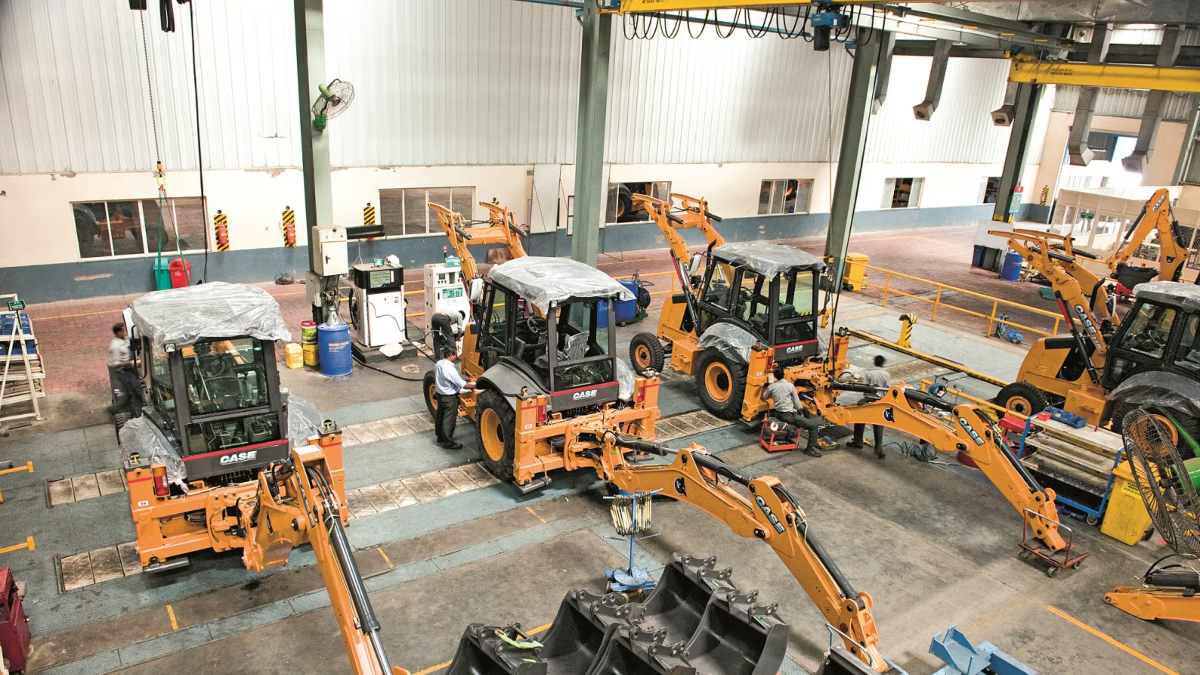Equipment Dealers’ Contribution To The Construction Sector
One of the biggest and most important industries in the world economy is building. Every road, bridge, and skyscraper depends on strong equipment to make plans a reality. But behind every excavator, bulldozer, and crane is a network of experts known as equipment dealers who make sure these vehicles are available, dependable, and kept in good working order. A construction equipment dealer is essential in providing engineers, builders, and contractors with the equipment, know-how, and continuing assistance they need to complete projects safely and successfully.
Linking Builders With Appropriate Tools
Bridging the gap between manufacturers and construction experts is one of the main responsibilities of a construction equipment dealer. Dealers provide customers access to a wide variety of equipment, including heavy-duty excavators, cranes, and compact loaders and skid steers. Their in-depth knowledge of project specifications and equipment capabilities aids clients in choosing the ideal instruments for every task.
For instance, a contractor engaged in urban construction could need small, agile equipment that can work effectively in confined locations, but a major infrastructure project might call for heavy-duty earthmovers that can move substantial amounts of material. Equipment dealers assess these requirements and direct customers toward devices that maximize output while minimizing operating expenses.
Furthermore, a lot of dealers have strong ties to manufacturers, which allows them to be the first to know about new features, technology, and model upgrades. This guarantees that builders will always have access to state-of-the-art technology intended to improve productivity, security, and sustainability on construction sites.
Providing Adaptable Financing And Ownership Choices
Heavy gear ownership comes with a hefty price tag, which small and medium-sized contractors may find difficult to afford. Equipment vendors are quite important in this situation. Most provide various ownership choices, including financing, leasing, or renting, enabling companies to acquire top-notch equipment without depleting their funds.
Rental programs are especially beneficial for businesses that deal with project-based or seasonal activity. Contractors may rent equipment for certain periods of time rather than buying equipment that could be idle during off-seasons. On the other hand, leasing alternatives provide companies with the opportunity to employ new equipment with the possibility of upgrading or buying it at the conclusion of the lease period.
A construction equipment dealer helps businesses grow their operations, manage cash flow efficiently, and maintain their competitiveness even in volatile market situations by customizing these financial solutions.
Providing Dependable Upkeep And Assistance
Downtime may be disastrous in the construction sector. Project delays and monetary losses may result from each hour when a piece of equipment is out of commission. Because they are aware of this fact, equipment dealers provide thorough maintenance, repairs, and parts support to keep machines running at their best.
Certified technicians who have received direct training from the equipment makers are employed by authorized dealers. They provide preventative maintenance plans that assist in identifying and resolving any problems before they become significant malfunctions. Modern equipment often comes with telematics devices that let dealers check fuel use, remotely monitor performance, and instantly spot problems.
In order to minimize inconvenience, a trustworthy construction equipment dealer may promptly send out repair teams or provide new equipment when issues emerge. In addition to keeping projects on schedule, this degree of post-purchase assistance fosters enduring trust between dealers and their customers.
Providing Original Accessories And Parts
Assuring the availability of authentic parts and accessories is another crucial function that dealers do. Using fake or subpar replacement parts may reduce a machine’s lifetime and jeopardize its safety. Authorized equipment dealers have enough supplies of components on hand to satisfy urgent client demands.
They support the upkeep of equipment dependability and warranty coverage by providing only authentic parts that adhere to the manufacturer’s standards. In order to maximize the value of their investment, many dealers also provide professional advice on appropriate attachments and accessories that may increase the machine’s flexibility, such as buckets, hammers, augers, or specialty blades.
By acting as a one-stop shop for everything from replacement parts to specially made attachments, a reliable construction equipment dealer makes sure that builders have all the equipment they need for every stage of a project.
Conclusion
Although the construction business depends largely on reliable machinery, equipment dealers’ knowledge and assistance are the true foundation of advancement. A construction equipment dealer is essential at every step of a project’s lifetime, from providing finance choices to guaranteeing ongoing maintenance, operator training, and availability to authentic parts.
The collaboration between contractors and equipment dealers guarantees that the industry keeps constructing safer, smarter, and more robust foundations for the future at a time when efficiency, sustainability, and technology define success.
